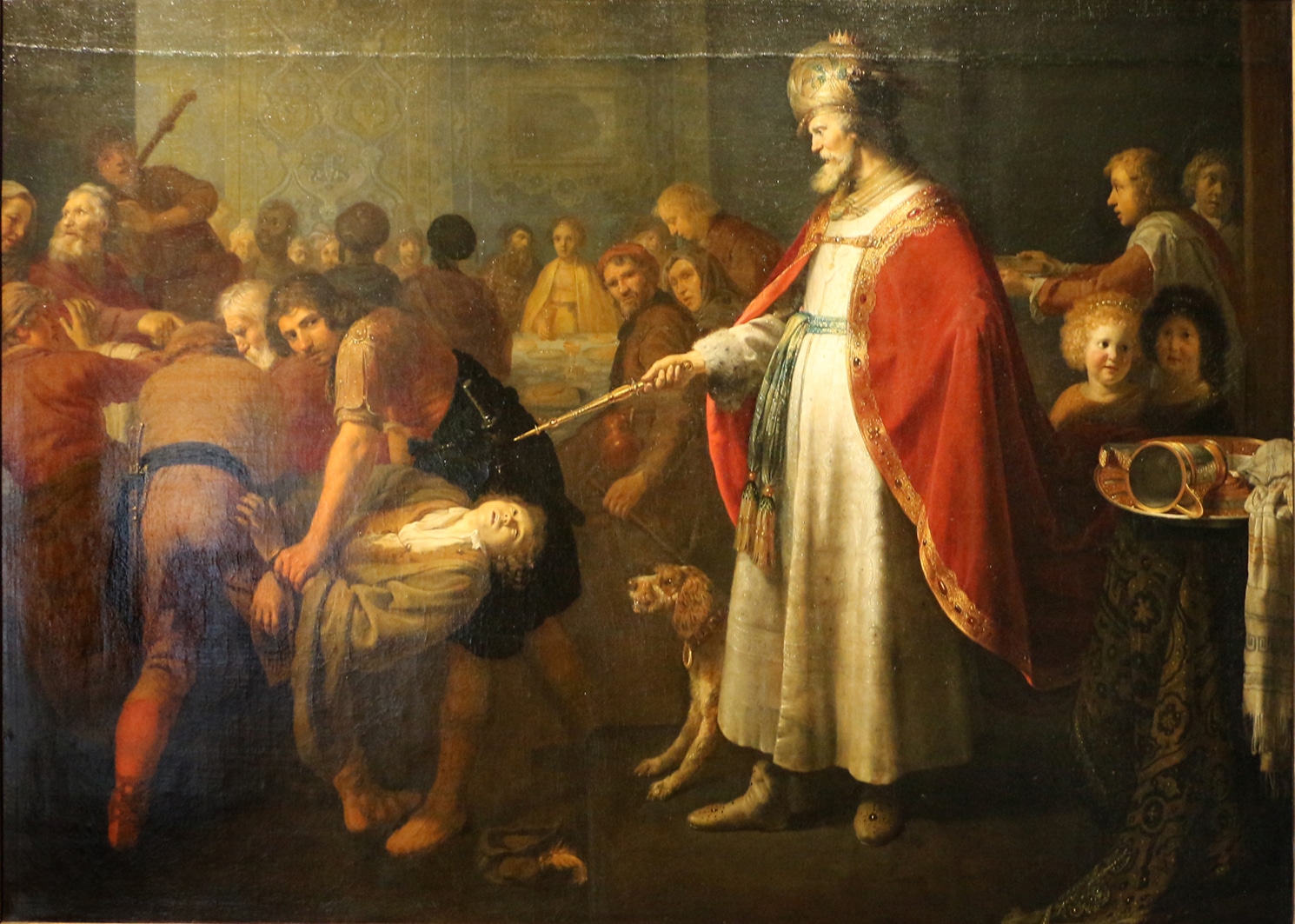Recently, on Sept. 22 of this year, a letter written by St. Mother Teresa of Calcutta to Servant of God Dorothy Day was discovered. Pulled from between the pages of a Bible, the letter reads:
“If we pray, we will believe / If we believe, we will love / If we love, we will serve. / Only then we will put our love for God into loving action / Through service of Christ in the distressing disguise of the poor.”
“Dearest Dorothy,
“My love, prayer and sacrifice is close to you. If you go to Jesus first, tell him I love him. If I go, I will tell him you love him.
“God bless you, M Teresa”
I like to imagine this letter was tucked in Dorothy’s Bible somewhere near Matthew 22:1-14, our Gospel reading for this Sunday. But, wherever Dorothy actually tucked it, the letter can certainly help us understand the readings!
We begin with Isaiah and his description of a rich and sumptuous feast: “A feast of rich food and choice wines, juicy, rich food and pure, choice wines” (cf. Is 25:6). But this feast is not just about delicious food: “The Lord GOD will wipe away the tears from every face” (Is 25:8). This feast is about being with the Lord, who loves us and desires to be with us.
Come to the feast
We learn just how much the Lord loves and desires us in the Incarnation. And the Lord, who has now come to be with us, tells us a parable of another feast, a wedding feast: “Behold, I have prepared my banquet, my calves and fattened cattle are killed, and everything is ready; come to the feast” (Mt 22:4).
| October 15 – 28th Sunday in Ordinary Time |
|---|
|
Is 25:6-10 Ps 23:1-3, 3-4, 5, 6 Phil 4:12-14, 19-20 Mt 22:1-14 |
The strange thing, though, is that folks seem to have somewhere else they prefer to be. They don’t come to the sumptuous wedding feast!
And so Christ, represented by the king in his own parable, sends out new invitations, to any and to all. He tells his servants, “invite to the feast whomever you find” (Mt 22:9). In this way, the wedding feast was made complete.
The wedding garment
Yet, the drama is not finished. Among the crowd, the king notices a man who did not come properly attired. He was not wearing the “wedding garment.”
You may be wondering, so what? So what if he isn’t wearing a “wedding garment”? And what does this have to do with Dorothy Day’s letter?
Well, friends, recall that Scripture calls Christ both our king and our bridegroom. He came “to feast” with us, because he loves us, more than we can even imagine.
Tradition (via St. Gregory the Great) tells us that not being dressed in the “wedding garment,” is to be lacking in love. We don’t know why the man in the parable came to the wedding feast. But the passage suggests to us that this man did not want to be there for the right reasons: to feast with the Bridegroom in love.
The feast in love
St. Mother Teresa’s letter tells us that we come to love God by believing in him, by having faith in him. This is a most necessary starting point, because, remember, God’s love for us is even greater than we can imagine. This love must be revealed to us, and so it must be received in faith. Invited to the wedding feast, we come clothed in love.
We can hear in St. Mother Teresa’s letter that she is hoping to go to the wedding feast. And that one of her desires upon arrival is to tell God that Dorothy loves him! She is already thinking of a service she can do out of love for Dorothy, her neighbor, and for God, her bridegroom.
And thus, invited to the wedding feast — called there by Christ, the king and bridegroom — perhaps we could practice “dressing ourselves in love” as St. Mother Teresa and Dorothy Day did, in faith, prayer and sacrifice.





